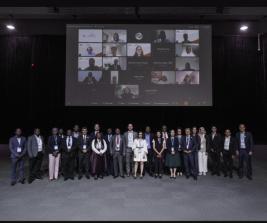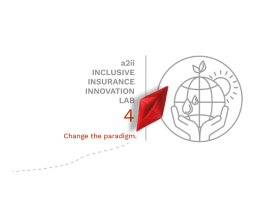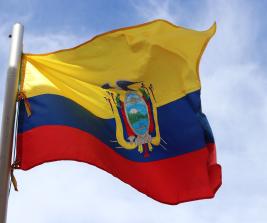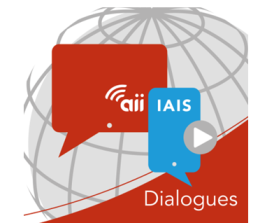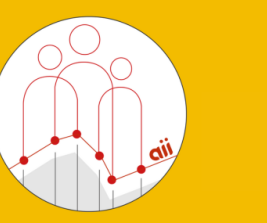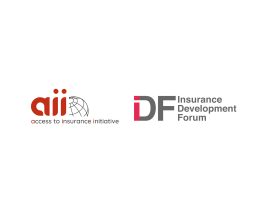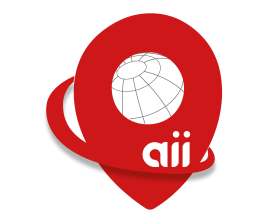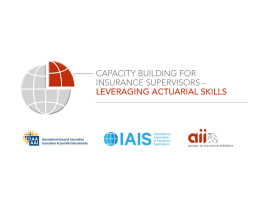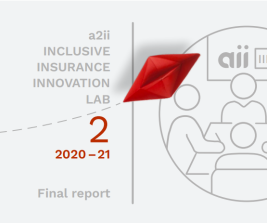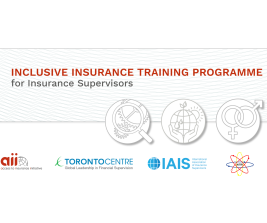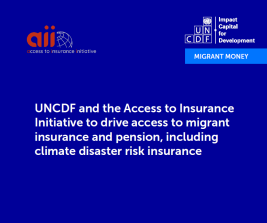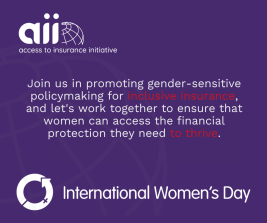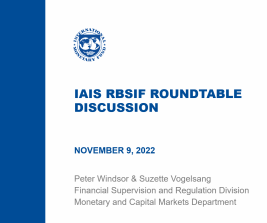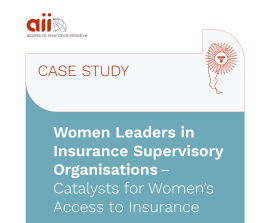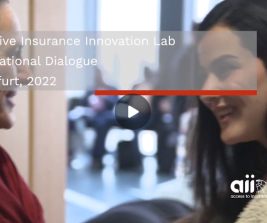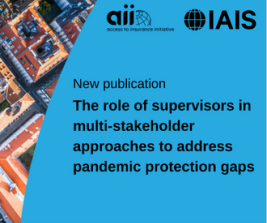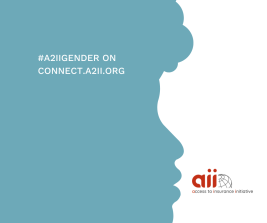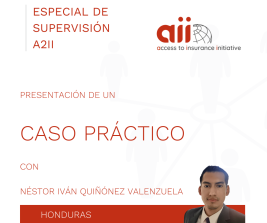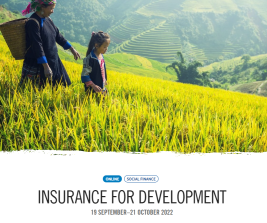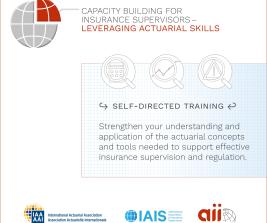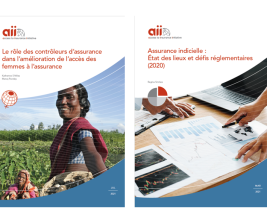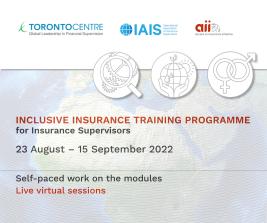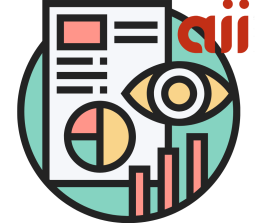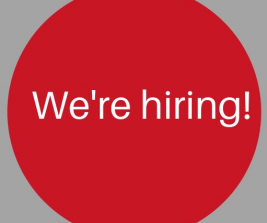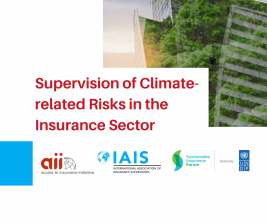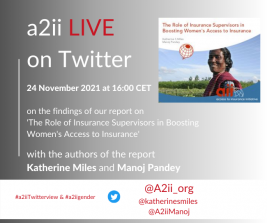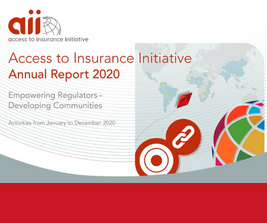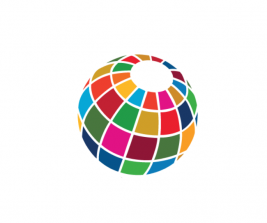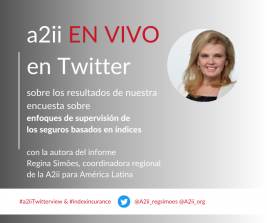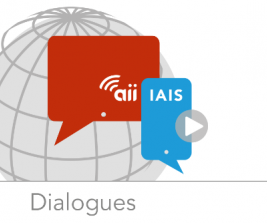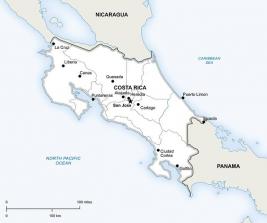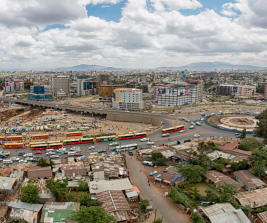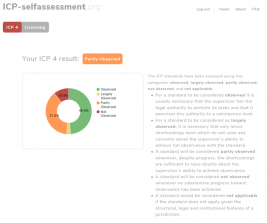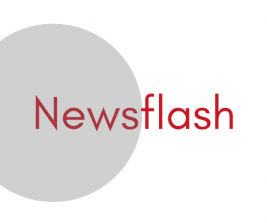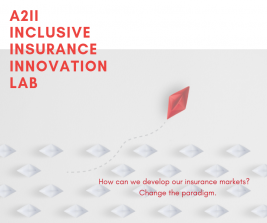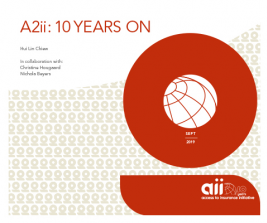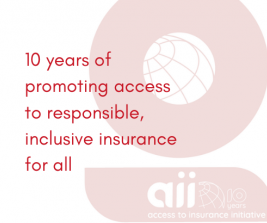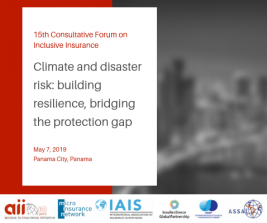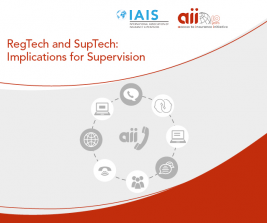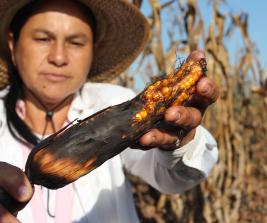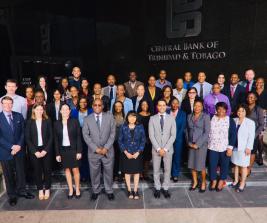A2ii Newsflash | Recent regulatory updates in inclusive insurance
In 2021 and the first half of 2022 eleven Emerging Market and Developing Economies (EMDE) countries have made regulatory changes with the goal of advancing inclusive insurance and microinsurance. The new regulations varyingly affect customer-centricity, inclusive insurance market development, innovation, and gender-positive environments.
The A2ii has compiled a summary of these regulatory developments per country.
We also invite you to browse our Inclusive Insurance Regulations Map for more information, where you can filter by region and type of intervention (such as dedicated licencing, gendered aspects, and index insurance).
Do you have any regulatory updates to share? Please email secretariat@a2ii.org.
Regulatory updates
Brazil
The Superintendence of Private Insurance (SUSEP), Brazil issued a new microinsurance regulation, CNSP Resolution 409/2021, replacing the set of rules in force since 2011/2012. According to the new regulation, "microinsurance" is insurance developed and structured for the low-income population, individual microentrepreneurs and micro and/or small businesses, the latter included in the new definition. The resolution is based on principles and values, which now govern microinsurance products, namely: inclusion, simplicity, customer centricity, accessibility, transparency, proportionality, sustainability, financial education, and innovation.
Another resolution, CNSP Resolution 431/2021, simplified the rules applicable to insurance representatives, allowing for new business models, by expanding its scope of acting. As a result of the expansion of the scope of action, insurance representatives must maintain processes, policies, procedures, and structure compatible with the complexity of the products they intermediate, with the nature of the customers with which they interact, and with the effective purpose of their activities, considering the different possible business models. The new resolution incorporates part of the regulation on the sale of insurance through retailers and classifies microinsurance correspondents as insurance representatives.
The publication of the regulations is part of the review and modernisation process that SUSEP has been implementing, with a view to developing the insurance sector and strengthening consumer protection.
Colombia
In 2021, the Superintendencia Financiera de Colombia (SFC) issued a circular letter establishing a conceptual framework for microinsurance, mass insurance and mass microinsurance, with a request for information from insurance companies for the preparation of the Annual Report on Financial Inclusion (RIF), a joint publication with the “Programa Banca de las Oportunidades”, which aims to analyse and monitor the state of financial inclusion in the country. Circular Letter 9/2021, the related Circular Letter 7/2022 and their annexes are available at the website of the SFC.
Lesotho
Lesotho’s microinsurance regulations were published in 2020 and have been supplemented in 2021 by legal notices on registration and licensing requirements for insurers and qualification requirements by intermediaries. The stated purpose of the regulations is to extend access to a variety of good value insurance products appropriate to the needs of low-income earners and ensure protection of consumers of microinsurance through prudential and business conduct regulation.
Malaysia
Malaysia recently issued its microinsurance regulatory framework within the Perlindungan Tenang (PT) initiative, which applies to licensed insurers and licensed takaful operators. The PT initiative was first introduced in 2017 as a collaboration between the Central Bank of Malaysia (Bank Negara Malaysia) and the insurance and takaful industry, aimed at developing insurance and takaful products for underserved segments of the Malaysian population. The new policy document intends to provide an updated and more enabling regulatory framework.
The regulatory framework mandates that products meet five principles: affordable, easily accessible to the target segments, providing good protection value, easy to understand, and easy to purchase, make nomination and to make claims. All PT products, aimed at increasing financial inclusion of the bottom 40% of households, feature a logo to allow customers to identify them.
Morocco
The new rules on online sales of insurance products from the Insurance and Social Security Supervisory Authority (ACAPS) have entered into force on 1 July 2022. The directive applies to insurance companies, reinsurance companies, intermediaries, and other licenced entities, establishing the conditions and procedures for online sales and creating an online tool which clarifies compliance requirements. Customers now have the option to complete the contract completely online, or to get an online offer and later sign a hard copy.
Takaful insurance has also launched in Morocco in October 2021, promoting financial inclusion to a category of Moroccans who had been waiting for an alternative to conventional products.
Philippines
The Philippines has recently issued several circular letters enabling regulatory sandbox frameworks in insurance.
- Circular Letter No 2021-64 “Guidelines on the Adoption of a Regulatory Sandbox Framework for Innovations in the Insurance, Health Maintenance Organizations (HMO) and Pre-Need Industries”
- Circular Letter No 2021-60 "Guidelines on the Adoption of a Regulatory Sandbox Framework for Piloting Agriculture Insurance"
- Circular Letter No 2020-73 "Guidelines on the Adoption of a Regulatory Sandbox Framework for Insurance Technology (InsurTech) Innovations"
Vietnam
The insurance business law was recently passed and will take effect on 1 January 2023. This is the first time that microinsurance will be covered by law in Vietnam. The law stipulates allowing mutual organisations to deploy microinsurance, with lower financial, personnel and professional conditions than insurance enterprises to match nature of microinsurance. Clause 4, Article 5 stipulates that the state has policies to encourage and create conditions for the deployment and participation of agricultural and fishery insurance products and insurance products for social security purposes.
"Microinsurance is an insurance product aimed at low-income individuals and households who struggle to access conventional commercial insurance products. The regulation of micro-insurance in the draft law would create a clear legal basis for the organisation of microinsurance provision and have a mechanism to encourage the development of microinsurance products in Vietnam."
Statement by the Chairperson of the National Assembly’s Economic Committee of Vietnam
Zambia
The Insurance Act, 2021 was enacted into law, replacing the old insurance act. The new act provides for the regulation and supervision of microinsurance entities which were not in the old act, and also includes licencing for microinsurance.
On gender
Gender is now a searchable category on our Inclusive Insurance Regulations Map. We would be happy to receive any regulatory updates on the topic at secretariat@a2ii.org.
For further insight into the topic, see our page on SDG 5: Gender Equality and the report on ‘The Role of Supervisors in Boosting Women’s Access to Insurance’ published last year.
Egypt
The Financial Regulatory Authority has published several decrees aimed to empower women:
- 2019 Decrees No. 123 and 124 set out that boards of directors of companies shall include at least one female member
- 2020 Decree No. 50 sets out that boards of directors of federations shall include at least one female member
- 2021 Decrees No. 109 and 110 state that boards of directors of companies shall include at least 25% female representation or at least two females
Ghana
Gender equality is promoted in the 2021 Insurance Act, which stipulates that of the two people the president must appoint to the Board, at least one of them should be a woman.
Pakistan
The Pakistan SECP made advancements in gender inclusiveness by issuing the Circular 24 of 2021 that requires insurance companies to adapt, and report back on, gender diversity measures in employment and human resource practices on an annual basis.
Another circular, #31 of 2021, seeks the collection of gender-disaggregated data from the industry, with bifurcation of premium amount contributed by the male and female policyholders and number of policies issued to each category. This can assist in keeping track of gender inclusive initiatives and re-directing the efforts as needed.


